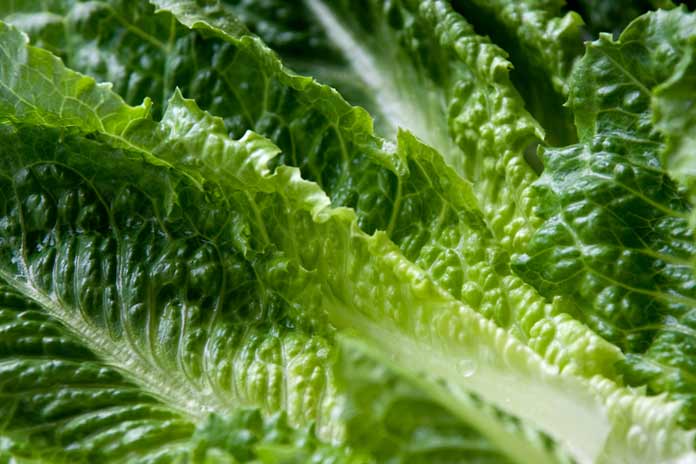This is the final update from the Centers for Disease Control and Prevention (CDC). You can contact our law firm if you or a loved one got E. coli from lettuce. Our E. coli lawyers help people throughout the United States.
Yes, I Want a Free Consultation with a Lawyer
- As of March 21, 2012, 58 people infected with the outbreak strain of E. coli O157:H7 were reported from 9 states: Arizona (1),
Arkansas (2), Illinois (9), Indiana (2), Kansas (2), Kentucky (1), Minnesota (2), Missouri (38), and Nebraska (1). - Romaine lettuce was the likely source of illnesses in this outbreak, and E. coli contamination likely occurred before the product reached Schnucks grocery stores and the University of Minnesota.
- Among persons for whom information was available, illnesses began from October 9, 2011 to November 7, 2011. Ill persons ranged in age from 1 to 94 years, with a median age of 28 years. Fifty-nine percent were female. Among the 49 ill persons with available information, 33 (67%) were hospitalized, and 3 developed hemolytic uremic syndrome (HUS). No deaths were reported.
Investigation of the E. coli Outbreak
During October 10 to November 4, 2011, public health officials in several states and CDC conducted an epidemiological study by comparing foods eaten by 22 ill and 82 well persons, including 45 well persons who shopped at Schnucks during the week of October 17, 2011. Analysis of this study indicated that eating romaine lettuce was associated with illness. Ill persons (85%) were significantly more likely than well persons (46%) to report eating romaine lettuce in the week before illness. Ill persons (86%) were also significantly more likely than well persons (55%) to report shopping at grocery store Chain A. Among ill and well persons who shopped at Schnucks, ill persons (89%) were significantly more likely than well persons (9%) to report eating a salad from the salad bar at Schnucks. Several different types of lettuce were offered on the salad bar at Schnucks. Of 18 ill persons who reported the type of lettuce eaten, 94% reported eating romaine lettuce. No other type of lettuce or other item offered on the salad bar was reported to be eaten by more than 55% of ill persons.
Ill persons reported purchasing salads from salad bars at Schnucks between October 5 and October 24, 2011. A total of 9 Schnucks grocery stores were identified where more than one ill person reported purchasing a salad from the salad bar in the week before becoming ill. This included 2 separate locations where 4 ill persons reported purchasing a salad at each location. For locations where more than one ill person reported purchasing a salad from the salad bar and the date of purchase was known, dates of purchase were all within 4 days of other ill persons purchasing a salad at that same location.
Romaine lettuce served on salad bars at all Schnucks locations had come from a single lettuce processing facility via a single distributor. This indicates that contamination of romaine lettuce likely occurred before the product reached Schnucks, but this does not mean that Schnucks can avoid taking responsibility for Schnucks E. coli outbreak of 2011.
The FDA and several state agencies conducted traceback investigations for romaine lettuce to try to identify the source of contamination. Traceback investigations focused on ill persons who had eaten at salad bars at several Schnucks locations and ill persons at university campuses in Minnesota (1 ill person) and Missouri (2 ill persons). Traceback analysis determined that a single common lot of romaine lettuce harvested from Farm A was used to supply Schnucks as well as the university campus in Minnesota during the time of the illnesses. This lot was also provided to a distributor that supplied lettuce to the university campus in Missouri, but records were not sufficient to determine if this lot was sent to this university campus. Preliminary findings of investigation at Farm A did not identify the source of the contamination. Farm A was no longer in production during the time of the investigation. A lawsuit for E. coli could include claims against lettuce grower and processor.
